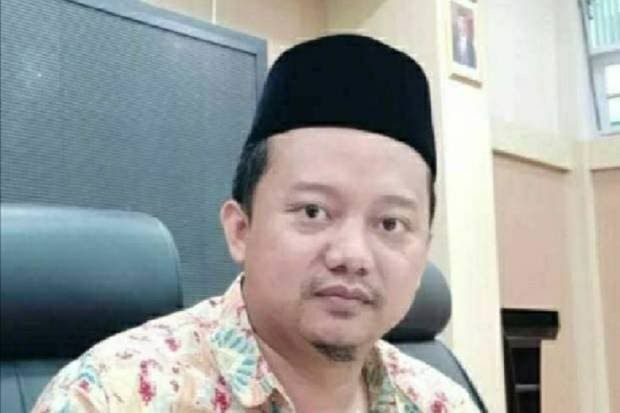Herry Wirawan has been sentenced to life in prison for multiple rapes of minors but is exempt from chemical castration, the Bandung District Court ruled today, in the conclusion to one of the biggest recent criminal cases in Indonesia.
The court found Herry, 36, guilty of raping 13 of his students, aged 16 to 17, on various occasions from 2016 at a number of Islamic boarding schools where he taught. His victims have given birth to 9 children.
Public prosecutors previously demanded the death penalty for Herry, or, failing which, chemical castration on top of a lengthy prison sentence.
But with Herry set to remain behind bars for the rest of his life (parole notwithstanding), the court argued that there is no practical or legal reason for him to be castrated.
“Article 67 of the KUHP (Criminal Code) does not allow for other punishments to be handed to a convict on top of the death penalty or life imprisonment,” Judge Yohanes Purnomo Suryo said during the sentencing hearing.
The court also said Herry is required to pay a fine of IDR500 million (US$34,972) and IDR330 million (US$23,081) in compensation for damages to the victims.
Throughout his trial, Herry pleaded for the court’s leniency, saying he raped his victims in his moments of weakness and that he is the sole provider for his wife and three children.
At any rate, Herry’s sentence is one of the heaviest punishments handed by a court to a convicted child molester in Indonesia. Under Indonesian law, child rapists generally get a maximum of 15 years in prison.
As for chemical castration, the practice as a punishment was ratified into law in Indonesia after the shockingly brutal gang rape and murder of a teenage girl in Bengkulu in 2016. Activists say that the threat of severe punishment has not been as successful a deterrent as the government hoped, as sexual assault against children continue to be a serious problem in Indonesia.




